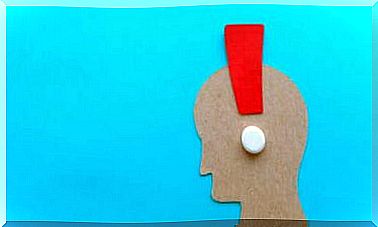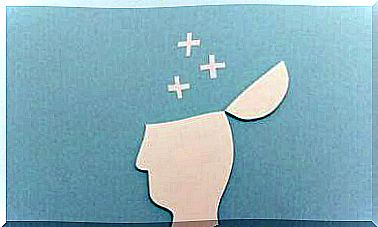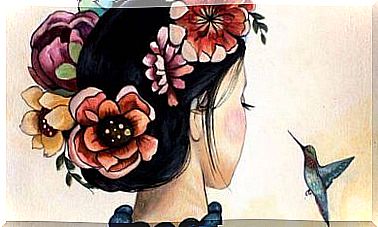Why Do Gray Days Make Us Sad?
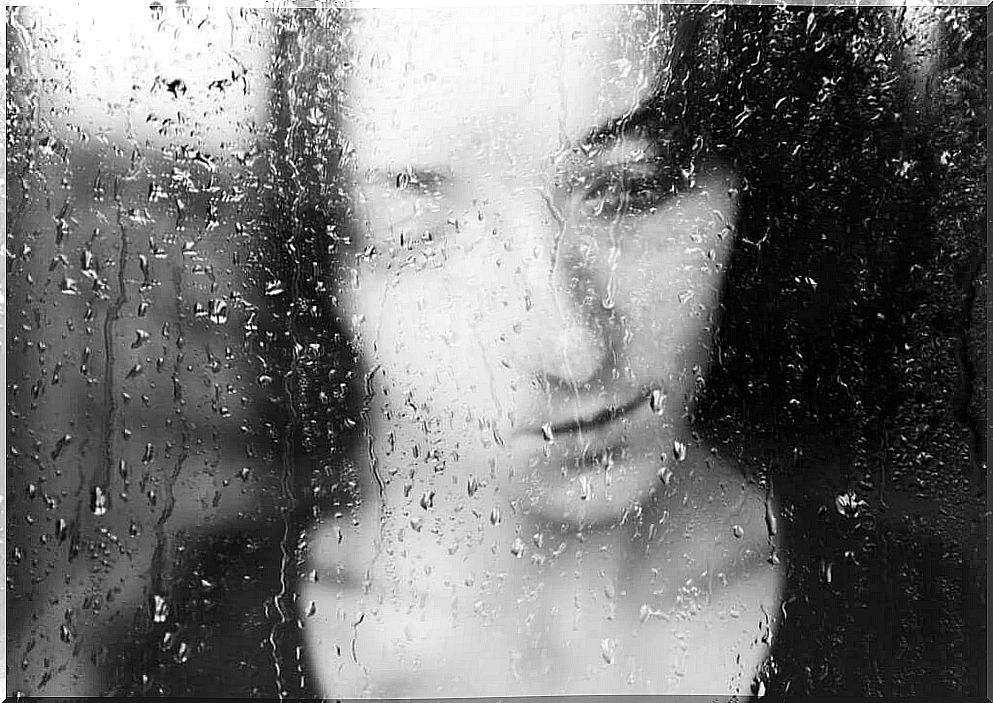
When the day dawns overcast, do you notice a clear shift in your mood? If so, you are not alone and nothing strange is happening to you. Many people are sad about gray days, and this has a biological and psychological explanation.
It should be noted that not all of us experience this phenomenon. There are those who like rainy days, lower temperatures and the lifestyle that this climate brings. However, for others, the fall and winter months are a severe emotional blow that can be difficult to overcome. That’s why, today, we will try to explain what happens in the body of those who show this tendency.

Why do gray days make us sad?
neurobiology
From a biological point of view, let’s take into account that the body works based on circadian rhythms. These, among other things, regulate our sleep-wake cycles. Thus, we could say that the organism synchronizes itself every day depending on the changes in the sunlight it receives.
Greater illumination indicates the beginning of a new journey, and a lessening of it prepares us to end the day and rest. In addition, there are two important substances that play an important role in this process:
- Melatonin is present in our body in different concentrations depending on sunlight. When it gets dark, there is a greater release of this hormone that relaxes us and makes us sleepy. Our body temperature drops and we prepare for sleep. Gray days with a lack of sunlight generate the same process, so we feel listless and despondent when our bodies begin to deactivate.
- Serotonin is the neurotransmitter of happiness. His presence activates us, increases our spirits and predisposes us to social relationships. It also reduces the number of negative thoughts we can have. However, lack of sunlight causes our serotonin levels to drop significantly, so discouragement, sadness and nostalgia show up.
psychology
If gray days make us sad, it is not directly because of the effects of these substances, but because of the cognitive and behavioral changes we experience. That is, in the final analysis, are our thoughts and behaviors that cause sadness and apathy remain.
Those who experience the effects of weather on their mood tend to isolate themselves on cloudy, cold, or rainy days. They become more inactive, more lonely and more focused on dysfunctional circular thoughts. In fact, they reduce their activity, restrict their social contact and their internal dialogue become more pessimistic and dysfunctional.
seasonal depression
For some people, this phenomenon goes far beyond a few bad days. Those with seasonal depression show the typical symptoms of a depressive disorder to some degree during the fall and winter months, disappearing during spring and summer.
During these grayer months, when overcast skies are more frequent, they suffer from sadness, lack of energy, and sleep and appetite disturbances. Furthermore, they fall into pessimism and adopt a hopeless outlook on the future. They may also feel irritable and harbor thoughts of guilt.
On many occasions, this condition is treated with phototherapy : the person is exposed each morning to strong artificial light for a period of time to alleviate the effects of the absence of natural light. Still, this strategy doesn’t always work.
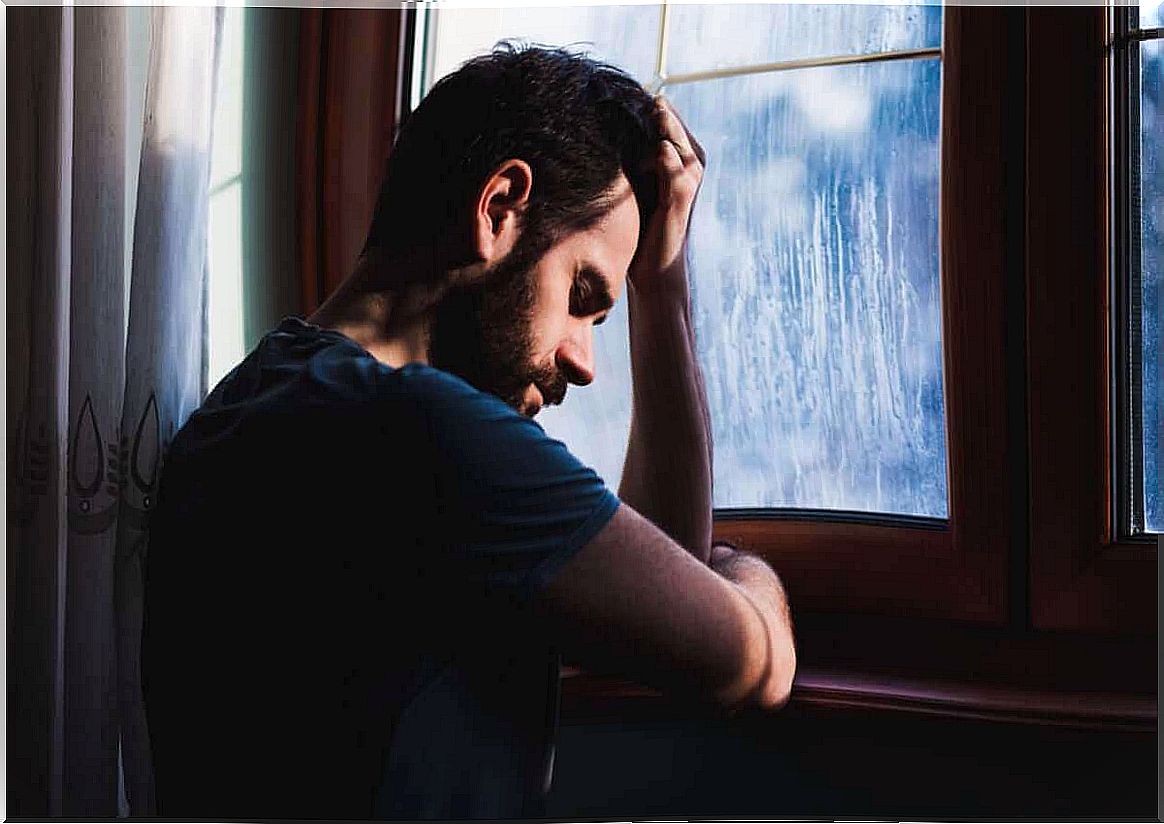
What to do if the gray days make us sad?
As it is not in our power to change climatic conditions, we will have to influence cognitive and behavioral factors. If you’ve found that gray days make you sad, make a conscious effort not to fall into apathy and pessimism.
Try to overcome inertia and stay active. Do activities that are enjoyable for you indoors and outdoors. Organize meetings with your friends and family or spend more time on a hobby you’ve neglected. Also, pay attention to your thoughts and intervene by identifying negative dynamics. If you can’t do this yourself, get help.


